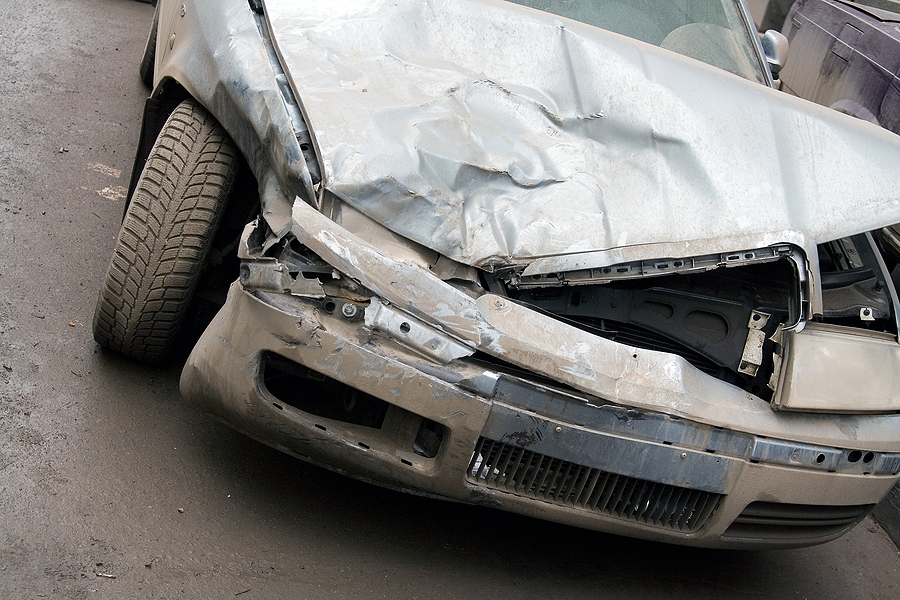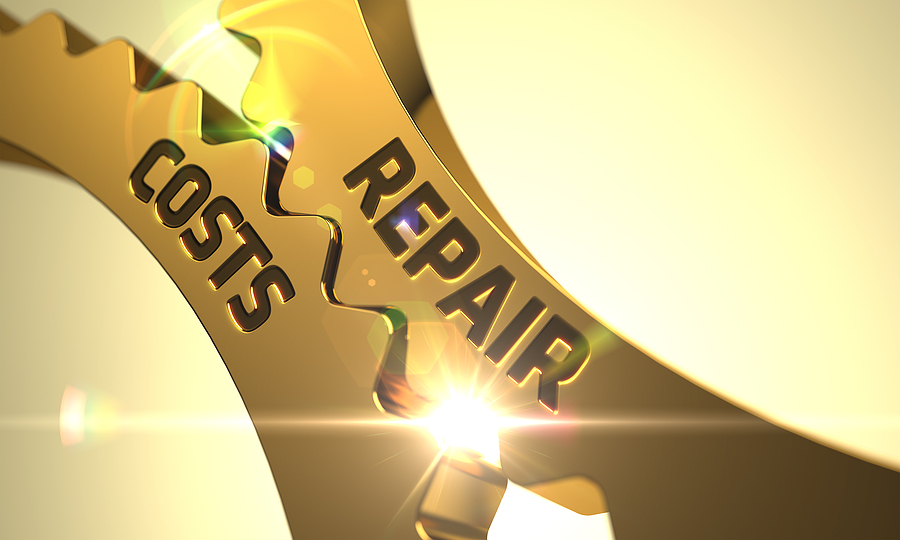Owning a car is often a mix of complex emotions. It’s the sense of freedom on the open road paired with the fear of the unknown—like, what do you do when the unthinkable happens and your beloved vehicle is deemed “beyond repair”? Total loss vehicles can be a maze for the uninitiated, but the decisions you make in the aftermath are crucial. This guide is your companion to understanding and navigating the landscape of totaled cars, ensuring you make informed choices when the worst comes to pass.

What Qualifies as a Total Loss Vehicle?
To demystify this often-confusing term, a vehicle is declared a total loss when the cost to repair it goes beyond a specified percentage of the vehicle’s value. This threshold varies by state and by insurer but generally falls between 70% to 100%. If repairing the car is feasible but the repairs would cost more than the vehicle’s actual cash value (ACV), the insurance company will write a check for the car’s ACV, leaving the owner to make up the difference.
Factors affecting this declaration can span from straightforward accident damage to subtler issues like flooding. Understanding the fine line between repairable and irreparable damage is key here. Knowing whether you’re being offered the car’s actual cash value or the cost to replace it can save you from receiving a settlement that’s less than you anticipated.
The Aftermath of a Total Loss Declaration
The insurance claim process for a total loss vehicle is both necessary and inevitable. It usually involves reporting the damage, getting a damage assessment, and receiving a settlement offer. For those without insurance, the process can be even more overwhelming. The most assured recourse in this situation would be to scrap it at a local auto salvage yard. Otherwise, knowing when to involve legal counsel, how to advocate for yourself, and what documentation is necessary can minimize the stress during this challenging time.
Insurance is a buffer against the costs of loss and recovery, but when the insurance policy lapses, or when the offered settlement isn’t enough to cover your needs, you might feel like you’ve hit a wall. In these scenarios, exploring your legal rights and looking for financial assistance could be the way forward.
Options for a Totaled Car
The silver lining after a total loss declaration is the choices it affords you. You might opt to retain the vehicle, especially if it holds sentimental value or if you believe you can restore it. However, be ready for the red tape as titles of retained total loss vehicles are typically marked with “salvage” or “reconstructed,” which can affect its value and require additional steps to re-register it.
Selling the car to a junkyard or donating it could be a quick way to part ways without much hassle. If you choose to accept the settlement offer, it’s important to ensure the amount is fair. Shopping around for comparable vehicle prices can help in this assessment. Above all, selecting the right option hinges on your personal circumstances and future plans.
Conclusion
Navigating the road of total loss vehicles isn’t just about bureaucracy and regulations; it’s a personal odyssey. Whether it’s learning how insurance companies operate or discovering the multiple pathways available to you after the loss, every decision counts. By understanding the criteria for total loss, the steps to claim insurance, and the myriad post-declaration options, you ensure that even in the shadow of loss, your next move is an empowered one.
And remember, every end is a new beginning. Even when your car is beyond repair, it’s not the end of the road. Embrace the process, make the best decision for your situation, and pave the way for a new set of wheels and a fresh chapter. And if you decide to sell that total loss vehicle, remember you can always convert it into cash on the spot by reaching out to your local junk car buyer.
This comprehensive guide should equip you to handle total loss scenarios with confidence and understanding. Knowledge empowers you to take control and turn a challenging event into a catalyst for informed decisions and, ultimately, a positive transition.
Your total loss vehicle may be more valuable than you think – it’s time to find out its worth. Contact Benjamin’s Junk Cars at 317-218-7133 to get a free quote and sell your junk car in Indianapolis for an instant cash payout. We serve all of Central Indiana with free junk car removal.
Related Posts:
What To Do if You Just Totaled an Uninsured Car
Frequently Asked Questions About Total Loss Car Value
When Does a Car Turn Into a Junk Car?

